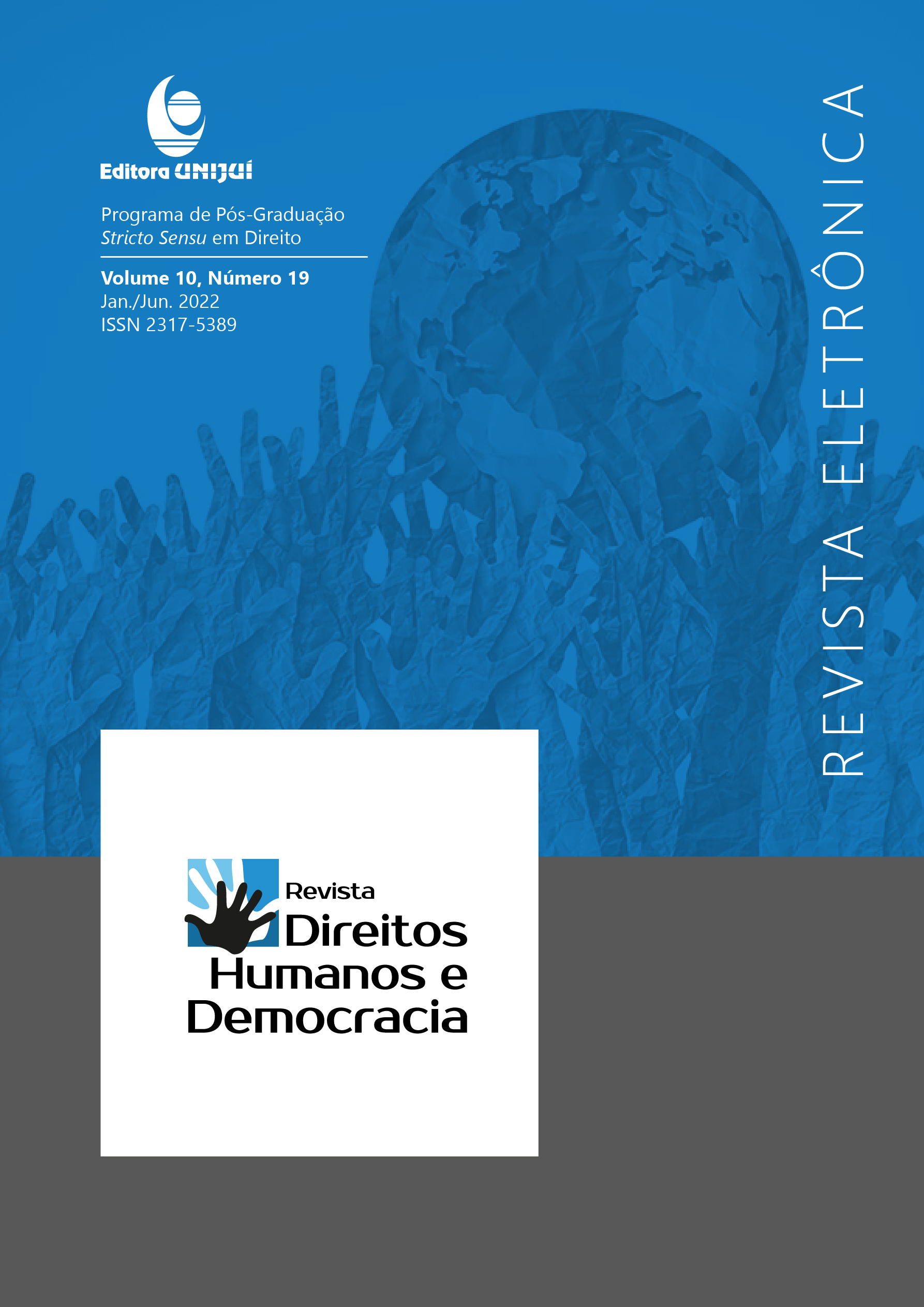The 2016 impeachment and the constitutional expropriation of voting in Brazil: consquences to brazilian democracy
DOI:
https://doi.org/10.21527/2317-5389.2022.19.11379Keywords:
Impeachment; crimes de responsabilidade; expropriação constitucional do voto.Abstract
The research aims to analyze the 2016 political rupture, pointing out the inappropriate use of the impeachment institute as a way to solve issues arising from economic, social and political crises. With the comprehensive classification of crimes of responsibility and the competence given to the Senate and the Chamber to conduct the impediment processes, it is possible to notice the existence of political discretion to define the conduct of the president and an excessive action of the Judiciary, which puts itsef above the Constitution. Using essentially bibliographic research, with a qualitative approach, through the deductive method the article intends to also analyze the performance of the Supreme Federal Court in the process that led to the dismissal of Dilma Rousseff from the position of President of the Republic and the impacts of this role on popular sovereignty, raising, conclusively, the thesis of the constitutional expropriation of voting and its impacts on the Brazilian democratic regime.
Downloads
Published
How to Cite
Issue
Section
License
Copyright (c) 2022 Revista Direitos Humanos e Democracia

This work is licensed under a Creative Commons Attribution 4.0 International License.
By publishing in the Revista Direitos Humanos e Democracia, authors agree to the following terms:
Articles are licensed under the Creative Commons Atribuição 4.0 Internacional (CC BY 4.0), which allows:
Share — copy and redistribute the material in any medium or format;
Adapt — remix, transform, and build upon the material for any purpose, including commercial use.
These permissions are irrevocable, provided the following terms are respected:
Attribution — authors must be properly credited, with a link to the license and indication of any modifications made;
No additional restrictions — no legal or technological measures may be applied that restrict the use permitted by the license.
Notices:
The license does not apply to elements in the public domain or covered by legal exceptions.
The license does not grant all rights required for specific uses (e.g., image rights, privacy, or moral rights).
The journal is not responsible for opinions expressed in the articles, which remain the sole responsibility of the authors. The Editor, with the support of the Editorial Committee, reserves the right to suggest or request modifications when necessary.
Only original scientific articles presenting research results of interest, not previously published or simultaneously submitted to another journal with the same purpose, will be accepted.
References to trademarks or specific products are intended solely for identification purposes and do not imply any promotional endorsement by the authors or the journal.
License Agreement: Authors retain copyright over their articles and grant the Revista Direitos Humanos e Democracia the right of first publication.













